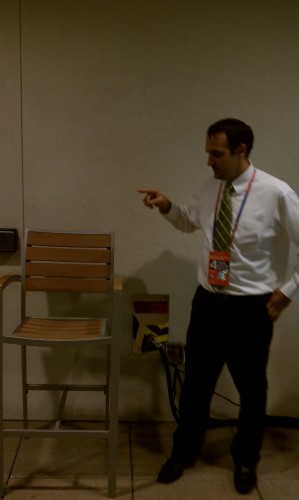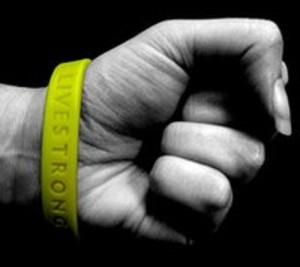“Once you’re running at Internet speed, is there any turning back?”
“there is no option to “roll back” the impact the Internet has made on human existence”
“there is life after the compass, maps and even GPS”
“Why does Bokeh matter? First of all because there’s more of it than there used to be”
“social media functions to uphold or replicate hierarchies of print capitalism”
“our attack on Armstrong speaks to our collective discomfort with a cyborg nature”
“this is the most boring thought about technology that can be had”
“the successful troll expends much less time and energy on the interaction than their targets do”
“If ‘digital’ isn’t a place or a world or a reality, can it be a practice?”
“our culture’s reorientation from lived to statistical experience”




 Malcolm Harris has posted
Malcolm Harris has posted  The online magazine Slate recently ran an
The online magazine Slate recently ran an 

